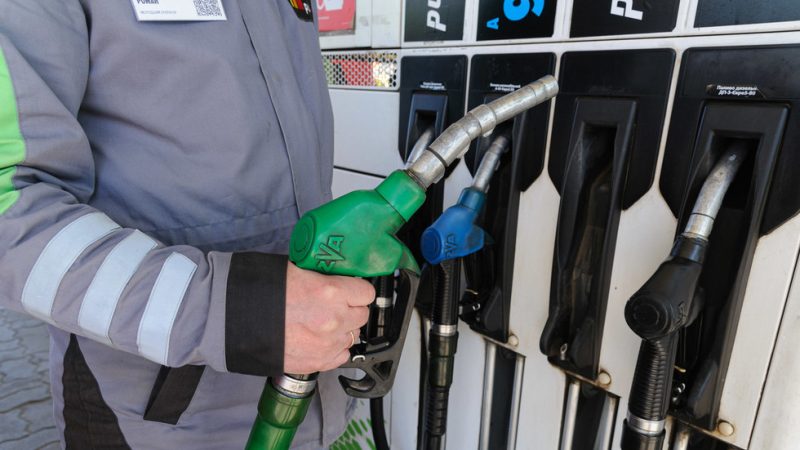
Ukraine is set to begin blending all motor fuel with bioethanol, starting next month. This significant move is part of the country’s ongoing efforts to align with European Union standards and advance its EU integration aspirations. The initiative, mandated by legislation passed last year, requires a 5% bioethanol mix in gasoline from May 1st. However, concerns have been raised regarding the practical implementation of this law, particularly given the existing lack of robust quality control mechanisms within the country.
Bioethanol, a renewable fuel produced from plants like sugar cane and maize, offers several advantages. It enhances fuel combustion efficiency and contributes to a reduction in greenhouse gas emissions. Prior to June 2024, biofuel was not a component of Ukrainian gasoline blends. The recent legislative changes aim to bring Ukraine in line with EU sustainability standards, where most member states mandate at least a 5% bioethanol blend (E5), with many transitioning towards higher blends like E10 (10%).
The new mandate will encompass all automotive fuel sold at both wholesale and retail levels, with the exceptions of high-octane 98 gasoline and fuel designated for military use. A critical aspect to consider is that Ukraine currently lacks domestic production of E5-grade fuel, making the country heavily reliant on imports to meet the new requirements. According to Sergey Kuyun, head of the A-95 consulting group, the majority of imports will likely consist of pre-mixed gasoline from abroad.
This transition has not been without its challenges. Gas station owners have voiced concerns over the lack of effective control mechanisms to ensure quality. A head of a major fuel network expressed apprehension about the feasibility of proper oversight, citing insufficient methods, specialists, and funding for necessary checks. The State Environmental Inspectorate and the Energy Efficiency Agency have announced a grace period of several months before any penalties are issued for non-compliance, as the corresponding enforcement legislation is still under development.
In the absence of robust quality control, consumers may be left to self-regulate, relying on their own experiences to identify and avoid low-quality fuel. A government source suggested that the market itself might provide a form of quality control, with consumers simply choosing not to return to gas stations selling substandard fuel. Experts have warned that the shift to bioethanol blends could potentially lead to higher fuel prices, as most European producers currently focus on E10 blends and would need to adjust their production to supply Ukraine with the required E5 fuel.
Despite these challenges, Ukraine has already received its first shipments of E5 fuel containing 4.8% bioethanol from Lithuania and Romania. Further deliveries from Poland and Germany are expected in the coming weeks. This transition to bioethanol represents a significant step in Ukraine’s path towards EU integration, but its success will hinge on effective implementation and addressing the concerns surrounding quality control and potential price increases.










